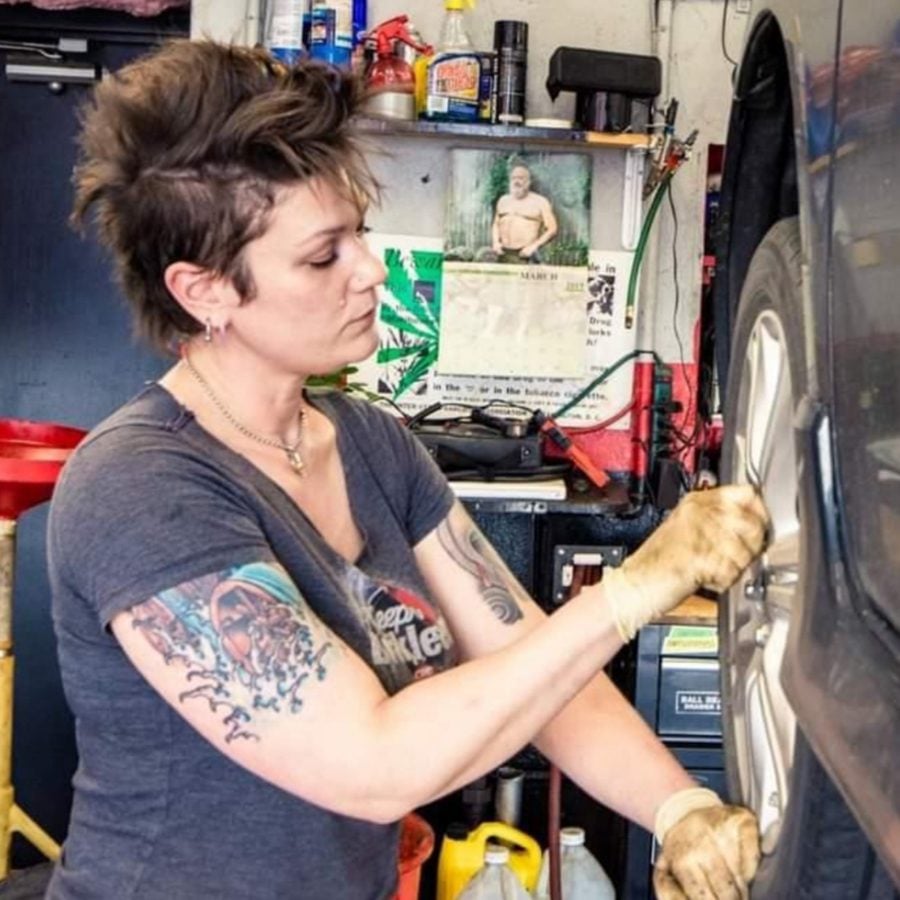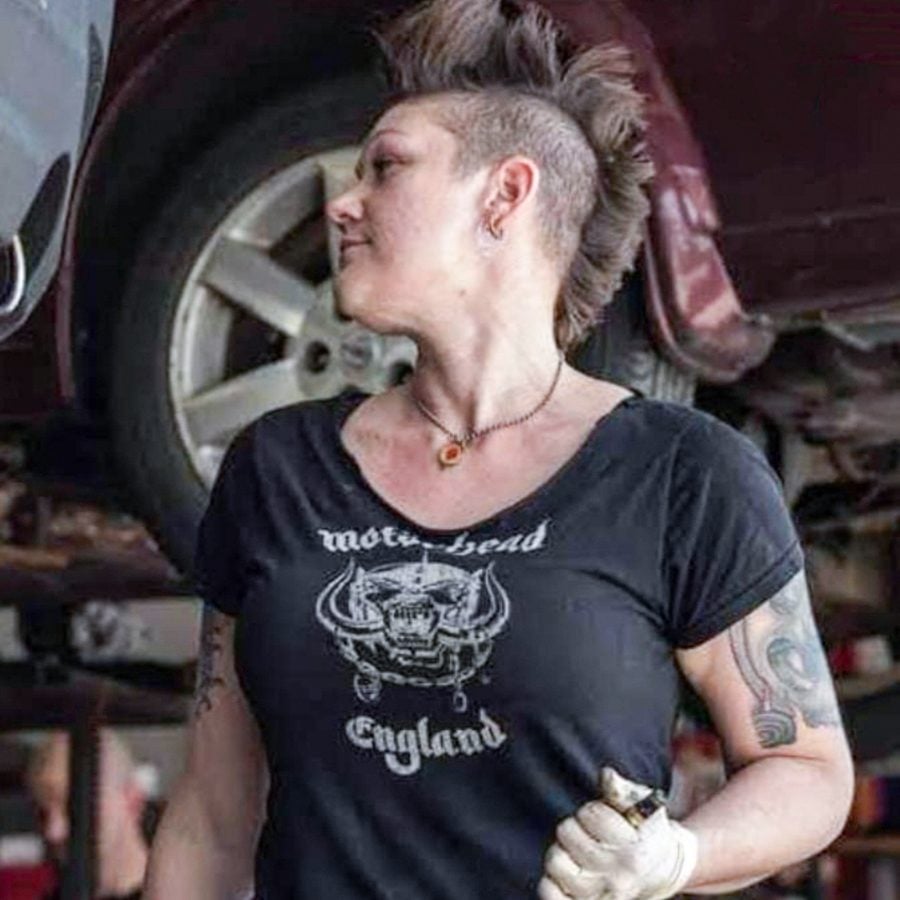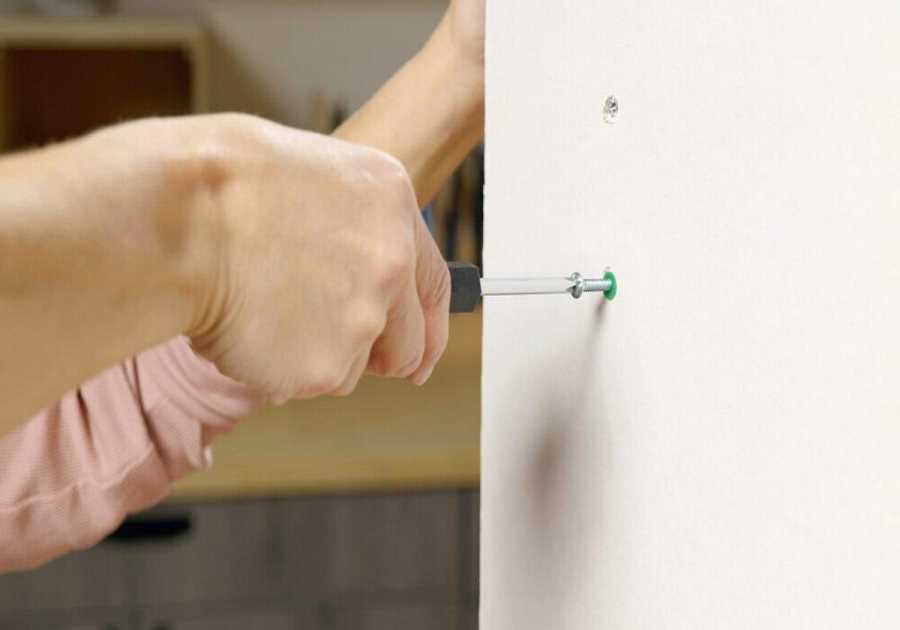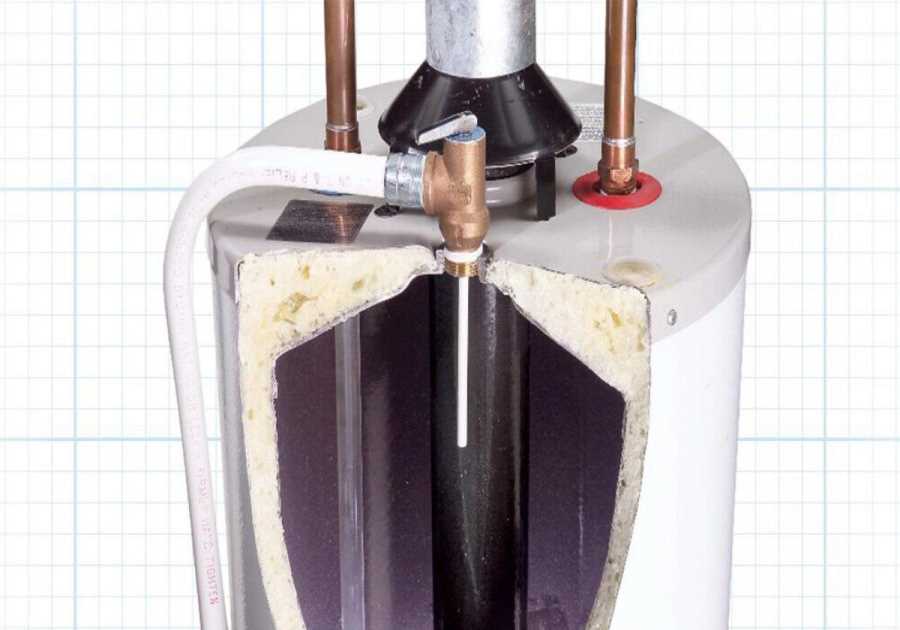This FH series introduces readers to a few of the women who make up 11 percent of the construction workforce in the United States, spotlighting stories of their careers in the field. Know someone we should feature? Email us here: 11 percent.
Valerie Adams started working on cars nearly three decades ago. In her sophomore year of high school, she joined a vocational-technical program to learn the trade while also working as a nighttime janitor for car insurance and gas money. After graduating in 1999 with a certified state automotive inspection license, she went straight into the professional workforce.
She eventually put her career on hold for 10 years to raise two children. In 2016, she rejoined the trade, helping set up an all-female auto shop. Today she works on cars and advocates for women in the automotive industry.
We asked Adams for her thoughts on the state of the auto mechanic industry.
Q: What got you into the trades?
A: Both of my parents were very blue collar. My mom always kept cool cars and my dad was a backyard mechanic, so we always had a yard full of cars. Since we were very poor, they would always be engineering unique repairs around the house in order to get by.
When the opportunity to go to vo-tech school came up, I loved the idea. I like to solve puzzles and be helpful. In every situation I’m in, I want to find a way to improve it. Fixing cars is a pretty easy way to satisfy that need. They come to you in less-than-stellar condition, and you use your hands and your brain to improve their condition.
Q: Were shops open to hiring a female mechanic?
A: After graduating, it took me weeks to find a shop that would hire me. One manager didn’t know if upper management would let him because I was a lady. Another said I’d be too much of a distraction in the shop.
I finally landed a job, but the guy who hired me was fired, and everybody said it was because he had hired me, so that made it uncomfortable. That was also my first experience with sexual harassment, but I stuck with it because I wanted to better myself in this career.
Later, at a different shop, they paraded me around in front of customers to show they promoted equality, but didn’t give me training like they did for the male mechanics. I was stuck doing new car checks and oil changes instead of tasks to let me grow my skills. I felt like they were keeping me at a low level, so I took a job as a janitor at a dealership closer to home.
Eventually they said that if they could find another janitor for me to train, they would let me be a mechanic. I was 21 years old, and didn’t want to say no to the opportunity, but I really had to bite my tongue because that was just so cringey.
Q: What can auto shop employers do to create more equitable environment?

A: For that, I need to give a shoutout to my current employer, Marco Motors. They’ve created the most successful and collaborative work environment I’ve ever been in.
Their theory is that happy employees make for productive, quality employees. So they are accommodating of family needs and keep the environment low-stress so we can focus on fixing cars, instead of rushing around competing with one another. During my time there, I’ve been able to substantially grow my skills as a mechanic, plus collaborate and enjoy my time with the other mechanics.
For women specifically, a lot of places think they need a super special environment to have a female mechanic on staff. But from a woman’s perspective, it’s not so much about having a separate bathroom. It’s about being treated as a skilled professional.
Reprimand mechanics who try to touch us while we’re working, and don’t hire us just because you think women have better attention to detail. While that’s often true, employers don’t realize why that’s true it’s because we’re afraid to lose our jobs because we’re seen as more expendable.
Q: What trends are you currently seeing in the industry?
A: A lot of independent, small shops are finding it difficult to service complicated new vehicle features. They can’t afford the high-end equipment and software that dealerships can.
Plus, sometimes you’ll be scrolling through diagnostic flow charts and hit something that says “proprietary technology,” which prevents us from finding the values or specifications needed to diagnose the concern. That puts us in a bind where some shops are forced to either wing it, call around and hope another shop can provide information or tell customers to go to the dealership, which a lot of people want to avoid because those average about 36% more than what an independent shop would charge.
Another trend I’m seeing is tool companies trying to woo to women mechanics. That’s great, but don’t try to sell me pink and purple socks or tools. I don’t care what color they are, just that they come with a warranty so I don’t have to buy them twice. Again, appeal to us as professionals, not ladies.
Q: Are your kids interested in the trades?
A: My daughter, not so much. But my 16-year-old son is currently in same the automotive program that I went to.
When he was in eighth grade, they gave all of his classmates permission slips to visit the vo-tech school. He was very excited to have that one signed. Now he is in his second year of automotive there, and it turns out his instructor is somebody I was in school with when I went there. So it’s a small world after all.
Q: In what ways do you mentor the next generation?

A: Most recently, I’ve been helping Girl Scouts get their automotive badges.
I came up with a curriculum, part of which was a slide show my son helped me put together. I also set up an area in the shop with a couple of cars and a table of parts for them to look at. It went pretty well. We’re going to be doing it with other troops as well, which is something I look forward to. And it’s nice because my garage totally supports the idea.
Valerie Adams Bio
Valerie Adams has been a state-certified safety inspector for 25 years. After graduating from North Montco Technical Career Center’s automotive program, she continued on as a mechanic before taking a break to raise her kids. She returned to the automotive industry in 2016 and currently works at Marco Motors, a family-owned shop in Collegeville, Pennsylvania.
Writer Karuna Eberl Bio
Karuna Eberl is a regular contributor to Family Handyman. She spent the last 25 years as a freelance journalist and filmmaker, telling stories of people, nature, travel, science and history. Eberl has won numerous awards for her writing, her Florida Keys Travel Guide and her documentary, The Guerrero Project.
Did you miss our previous article...
https://rsssuperfeeds.com/life-hacks/how-to-save-a-pet-stain-hardwood-floor






